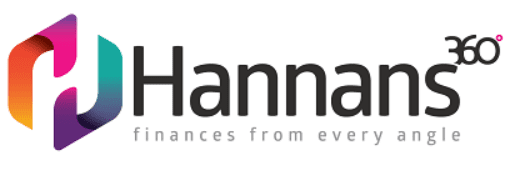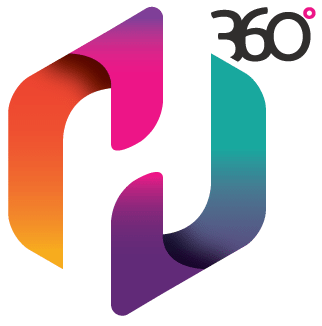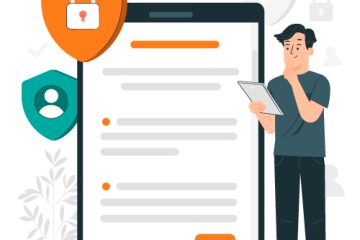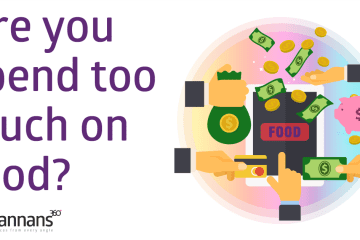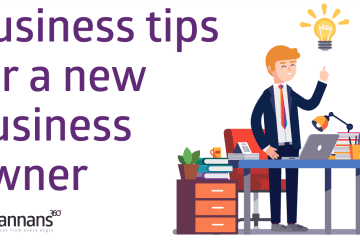Getting tax right
It’s tax time again so here’s our guide to what you can and can’t claim in your 2019 tax return, and tips to make lodging your tax on time a breeze.
- Records you’ll need to complete your tax return
- Income you must declare
- Tax deductions you can claim
- What tax deductions are not allowed
- Lodging your tax return in 2019
Records you’ll need to complete your tax return
Before you sit down to do your tax, you’ll need to gather all the right information. Here are some of the documents you’ll need to complete your tax return.
- Payment summaries – Outlines the income you have received from your employer, super fund or government payment like Centrelink and the Department of Veterans Affairs.
- Bank statements – Details any interest you have earned during the period and fees you have paid.
- Shares, unit trusts or managed funds statements – Information on dividends or distributions you’ve received. Dividends that you’ve elected to reinvest must be declared as income.
- Buy and sell investment statements – Needed to calculate capital gains and losses. If you bought or sold any shares you can access the details on your online broking account or you can get them from your investment adviser or stockbroker.
- Records from your rental property – If you use a property manager you will probably get an annual tax statement that details income and expenses, otherwise, you will need to gather details of income received and expenses paid, including any capital gains or capital losses from the sale of a property.
- Foreign income – Details of foreign pensions or other foreign income.
- Private health insurance policy statement – Information needed to complete the private health insurance section of your tax return.
Income you must declare
Smart Tip
If you wait until mid-August the ATO will pre-fill most of the information from employers, banks, government agencies and other third parties into your tax return. All you will have to do is double-check the information is correct, enter any deductions you have and hit submit.
If you are lodging your tax return before pre-fill is complete, here’s a list of common types of income that must be declared on your tax return.
- Employment income
- Super pensions, annuities and government payments
- Investment income (including interest, dividends, rent and capital gains)
- Business, partnership, and trust income
- Foreign income
- Income from crowdfunding (for example donations received for a venture in which you intend to make a profit)
- Income from the sharing economy (for example Uber or Air BnB)
- Other income – including compensation and insurance payments, discounted shares under employee share schemes, some prizes, and awards
Visit the ATO’s website for more information on income you must declare.
Tax Deductions you can claim
When completing your tax return, you’re entitled to claim deductions for some expenses, most of which are directly related to earning your income (called ‘work-related expenses’). A deduction reduces your taxable income and means you pay less tax.
To claim a deduction for work-related expenses:
- You must have spent the money yourself and not been reimbursed.
- It must be directly related to earning your income.
- You must have a record to prove you paid for it.
When your expenses meet these criteria, here’s a list of the things you may be able to claim.
- Vehicle and travel expenses – This does not normally include the cost of travel between work and home but if you use your car for work or work in different locations then you may be able to claim a deduction.
- Clothing, laundry and dry-cleaning expenses – To legitimately claim the cost of a uniform, it needs to be unique and distinctive, for example, it contains your employer’s logo, or is specific to your occupation, like chef’s pants or coloured safety vests.
- Gifts and donations – to organisations that are endorsed by the ATO as deductible gift recipients.
- Home office expenses – Costs could include your computer, phone or other electronic device and running costs such as an internet service. You can only claim the proportion of expenses that relate to work, not private use.
- Interest, dividend and other investment income deductions – Examples include interest, account fees, investing magazines and subscriptions, internet access, depreciation on your computer.
- Self-education expenses – Providing the study relates to your current job, you can claim expenses like course fees, student union fees, textbooks, stationery, internet, home office expenses, professional journals and some travel.
- Tools, equipment and other equipment – If you buy tools or equipment to help earn your income, you can claim a deduction for some or all of the cost. Examples include protective gear, including sunscreen, sunglasses, and hats if you work outside, office equipment, safety equipment, and technical instruments.
- Other deductions – other items you can claim include union fees, the cost of managing tax affairs, income protection insurance (not if it’s through super), overtime meals, personal super contributions and other expenses incurred in the course of earning an income.
Make it easier for next year
The ATO has an app called myDeductions that will make record keeping easier. The tool allows you to record deductions including work-related expenses, gifts, and donations, interest, and dividends. It also lets you store photos of receipts and record car trips. The myDeductions app can be used by individuals and sole traders (sole traders can use it to keep track of business income) and at tax time you can send your deductions to your tax agent or upload them directly to myTax.
What tax deductions are not allowed
The ATO is focused on helping taxpayers get their deductions right, but they’re also on the lookout for red flags that identify people who are doing the wrong thing.
Here’s a list of deductions you usually can’t claim on your tax return.
- Travel between home and work – which is generally considered private travel.
- Car expenses – unless you are transporting bulky tools or equipment, that you need to do your job, that your employer requires you to transport, and there is no secure area to store the equipment at work.
- Car expenses – that have been salary sacrificed.
- Meal expenses – unless you were required to work away from home overnight.
- Private travel – including any personal travel portion of work-related travel.
- Everyday clothes – you bought to wear to work (for example, a suit or black pants), even if your employer requires you to wear them.
- The cost of laundering eligible work clothes – unless you can show how you calculated the cost.
- Higher Education Loan Program – contributions charged through the HELP scheme.
- Self-education expenses – where there is no direct connection to your current employment.
- Phone or internet expenses – that relate to private use.
- Tools and equipment that cost more than $300 – however, you can depreciate the cost over a number of years.
Lodging your tax return in 2019
Lodge your return before the deadline
If you are lodging your own tax return, you have until 31 October 2019 to lodge it. If you decide to use a registered tax agent or are using a different agent to last year, you will need to contact them before 31 October.
Get help from a registered tax agent
If you want to use a professional to do your tax return, Come and see us at Hannans360. You can call us on (07)3806 4484 or email us gday@hannans360.com.au.
Whichever way you choose to lodge your tax return, remember you are responsible for the claims you make, so make sure your deductions are legitimate and you have included all your income before you or your agent lodges your return.
Make tax this year as easy as possible by getting organised and knowing what information you will need to lodge.
Still Unsure? We’re happy to help
If you are still unsure about what you need to do to lodge your tax return, talk to one of our Accountants.
Click this link to book an appointment today.
